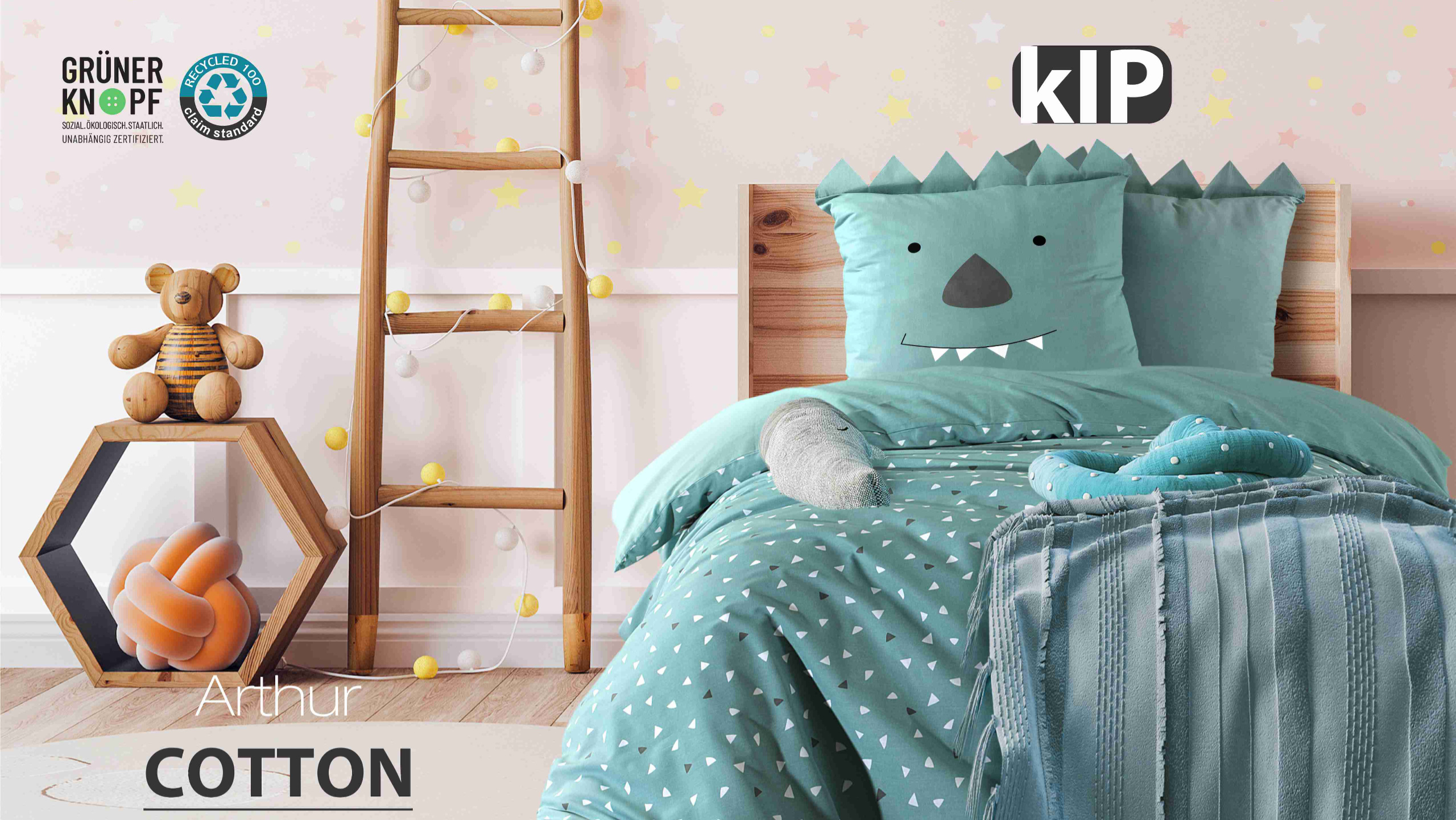Hard times for noble aims
Examples such as those in the first part of our series give hope. But there are also setbacks to be endured. Since the SDGs were passed in 2015, regular annual reports are actually supposed to document various successful outcomes. The SDGs Report for 2022, however, states that the course of development is not sufficiently fast enough, nor is it on an upward path in all aspects. Above all, the toxic mix of current health, security, energy, climate and financial crises has led in part to a reversal in progress of the SDGs.
Overall, the report emphasises, the world is experiencing the highest level of conflicts since the foundation of the United Nations. The European SDG Report for 2022 even assumes that the global impact of the war in Ukraine will very likely undo the aspects of progress achieved so far. The publishers emphasise, however:
“Against the backdrop of increasing geopolitical rivalries and a fragmented multilateralism, however, the SDGs remain the only comprehensive and universal vision for socio-economic welfare and ecological sustainability to have been accepted by all UN member states.”
Being where it’s needed
To lessen present suffering and avoid further crises, global solidarity and local commitment will be needed. Maheen Textile Mills (Pvt) Ltd., a company located in Pakistan, is in the vanguard of good examples, linking sustainability in its SDG strategy in a targeted way with a commitment to fight poverty and to promote children’s welfare. The responsibility in the country is a heavy one but offers good opportunities: in Pakistan the textile industry contributes some 46 percent to the country’s overall production level and is thus one of the most important branches of the business economy. Pakistan is one of the largest producers and suppliers of home textiles world-wide. In Asia, Pakistan is the eighth biggest exporter of textile products, says Syed Mureed Abbas Bukhari, chief growth officer at Maheen Textile Mills. He explains how the company sees itself:
“Maheen Textile Mills is one of the leading home-textile companies in Pakistan and, as such, we have the responsibility of making our contribution to the ecological system of the industry and of the country. With that in mind, we are oriented towards all SDGs and take inspiration from them. We have set our goals to change the world and have taken measures to remove poverty and inequality.”

And this help is urgently necessary. With 225.2 million inhabitants, Pakistan is the fifth most populous country in the world (as of 2021). According to UN report, one person in four here lives in poverty, and almost half of all children (40 percent) suffer from malnutrition. Moreover, Pakistan is feeling the effects of climate change particularly strongly. All this is impeding the fight against poverty and against child labour, which over the last years has risen particularly in rural areas.
Tiny hands, big problem
This problem makes Pakistan part of a sad global trend. Child labour is widespread. In the textile industry, the countries of Asia and Africa are particularly hard hit, including India, Bangladesh, China, Myanmar, Cambodia, Nepal, Vietnam, Turkey, Swaziland and Ethiopia. It is all the more important that the major players such as Maheen Textile Mills stay up to the mark in questions of rights, health and education. The company speaks out clearly against child labour. In implementing local measures and issues it works together in a targeted way with various organisations, including SOS Schools and the Ali Zaib Foundations, which care for children suffering from hepatitis B, hepatitis C, HIV, Malaria and syphilis.
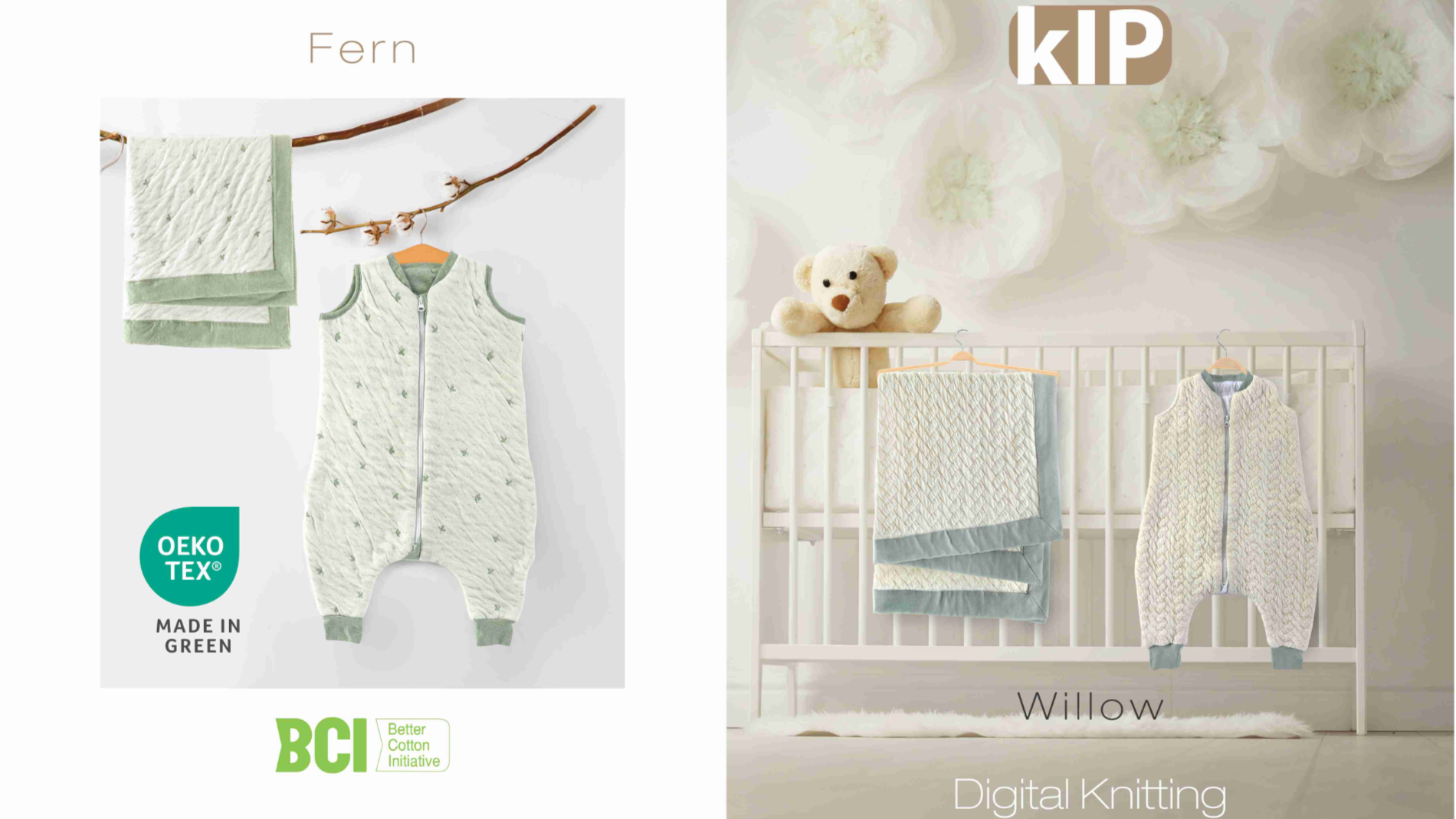
In the supply chain equally the company sets high standards, says Syed Mureed Abbas Buk. The focus is on transparency and traceability. Thus Maheen works deliberately together with top brands which communicate their SDG approach in a readily comprehensible way. Moreover, he continues, the firm trains suppliers, sensitising them to ethnic practices and the abolition of poverty. Syed Mureed Abbas Bukhari reiterates:
“We believe that these efforts represent a genuine value addition for our business”
Knowledge helps
In saying this, the manager is addressing a question which represents a particularly great challenge, not just for the textile industry: the supply chain. For while the firms have everything under control in their own neck of the woods, supply chains in the networked global market tend to be difficult to monitor. Companies intending to act responsibly across the supply chain have various sources of information and tools available. The US Bureau of International Labour Affairs (ILIB), for instance, sees it as its task to proceed against exploitation by employers in supply chains at a global level and provides a series of tools for this purpose.
Legislation on the way
While the SDGs are based on voluntary action, more and more governments are launching legislation drawing businesses into responsibility for their supply chains. In the European Union (EU), too, the scope and content of a Europe-wide supply-chain law are under discussion, which may incorporate liability for the businesses concerned. In Germany the national Supply Chain Act has been in force since January 2023. This law applies initially to companies with at least 3,000 employees, and from 2024 also to those with at least 1,000, in Germany itself. Most German textile manufacturers, which come under the rubric of small and medium-sized enterprises, are not initially affected. Nevertheless, the Partnership for Sustainable Textiles (Bündnis für nachhaltige Textilien) has published a guide designed to help companies in the industry to bring transparency and security into their supply chains.
Reliable links in the chain
A German company, Oberbadische Bettfedernfabrik (OBB), has an impressive roadmap behind it for attaining the SDGs. This runs from local measures, all the way to a clean supply chain. The company is addressing environmentally friendly production at a number of levels at its headquarters. These include its own deep well, a water-recycling plant and one of the biggest thermal power stations in the region. Through these means, and in partnership with Schwarzwald Tourismus GmbH, OBB is making good its pledge inter alia to SDGs 6, 7 and 11. The manufacturer can guarantee high product quality above all because it keeps production, and thus also the quality management, in its own hands in Lörrach.
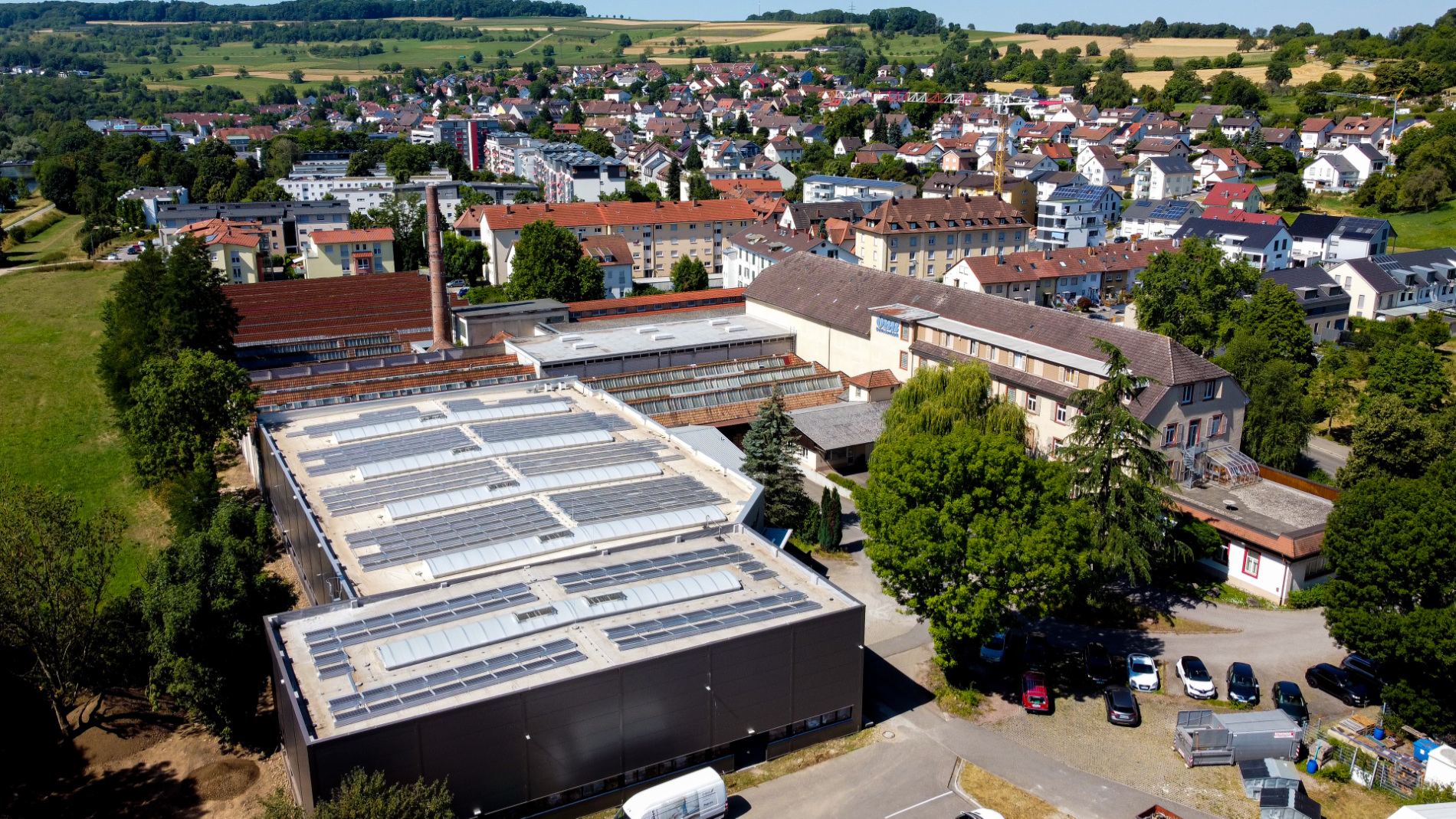
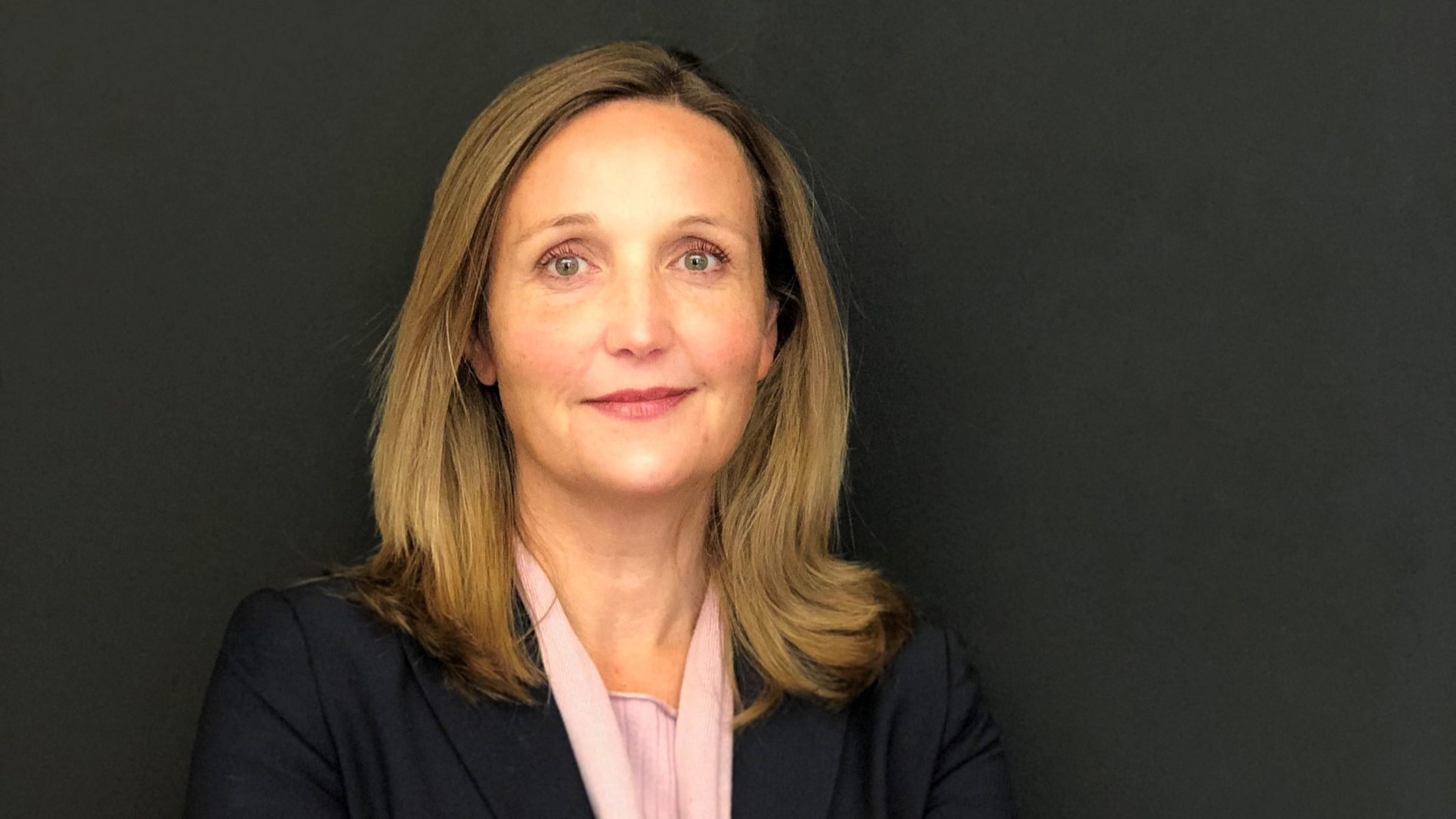
As a primary-production company, OBB focuses particularly on the supply chain, placing weight both on official certificates and on personal monitoring. Managing director Petra Schweigert explains:
“Along with GOTS and Oeko-Tex Standard 100, we are also certified with the Green Button. Through this certification our supplier management has been given yet again a completely different perspective and structure.”
OBB works together exclusively with certified suppliers and has tools to monitor and minimise any risks arising. “It goes without saying for us that we visit each supplier once a year as far as possible, gaining an impression on the spot. Of course every system has gaps but we are working constantly on identifying them and closing them in the best way possible.”

Through its range of genuine downs, OBB offers a natural product which, from the animal-welfare angle, is not entirely beyond reproach. Petra Schweigert is aware of the criticism, but points here too to sustainable partnerships. “We have always been in the vanguard when it comes to animal welfare, even when the media were yet not so focused on the issue of live plucking. It is simply our most profound conviction that no animal shall suffer for our products. We have been working for decades with the same suppliers who share our views and whom we trust 100 percent.”
Further certainty, she continues, comes from Downpass. This recognised seal of quality applies to downs and feathers from waterfowl (geese and ducks), which are employed as a filling material in bedclothes, clothing and outdoor equipment. The zero-tolerance standard excludes plucking during moulting, live plucking, and feathers from animals with force-fed livers and incorporates a species-appropriate rearing and keeping of animals. She emphasises one advantage of the seal: Downpass is a standard which communicates the issue in a media-effective and sustained way. “Of course we won’t be able to convince a strict vegan of the rightness of a feather duvet, nor do we need to, for nowadays there are really fine – and, above all, sustainable – alternatives for a warm bed. Nevertheless, it is important for people to trust our industry not to tolerate cruelty to animals, much less to encourage it”, emphasises the entrepreneur.
Progress programmed-in
Thus the company is addressing a number of important points: objectivity, traceability, and communication. These are provided by many of the official certificates and standards. Among the best known are Oeko-Tex Standard 100, the GOTS seal, and the Better Cotton Initiative (BCI). Textile certificates such as these have the task, on the one hand, of guaranteeing or proving that a product meets particular production, social and environmental standards. On the other hand, they aid both the retail trade and the manufacturers in communicating the sustainable nature of the goods concerned.
“Apart from which, through the strict quality requirements set by the certificates, the company is called upon again and again to subject its purchasing, manufacturing and sales procedures to a test and, if needed, to adapt them to demands. Thus progress is programmed-in”, says Sebastian Ihling, sales manager and business-development officer at Alfred Apelt GmbH. To certify and objectify its sustainability strategy, the company relies on all the major certificates, such as Oeko-Tex Standard 100 and the GOTS mark.
Plenty of work ahead
Such progress is necessary – because, apart from anything else, the demand for ecologically and socially responsible products is rising. Despite all crises and all challenges, as a Deloitte study of August 2022 shows. It advises retailers and manufacturers to analyse customer needs closely, to develop value-oriented strategies, to create transparency, and to revise price concepts.
So there will be plenty of work ahead for businesses. As Margherita Rigamonti of Pozzi Arturo, among others, can see:
“In the coming years the textile industry will face a number of challenges, including the growing demand for sustainability and new environmental regulations. Since consumers are increasingly looking for environmentally friendly and ethical alternatives to traditional fabrics, our industry must adapt, if it is to remain competitive.”
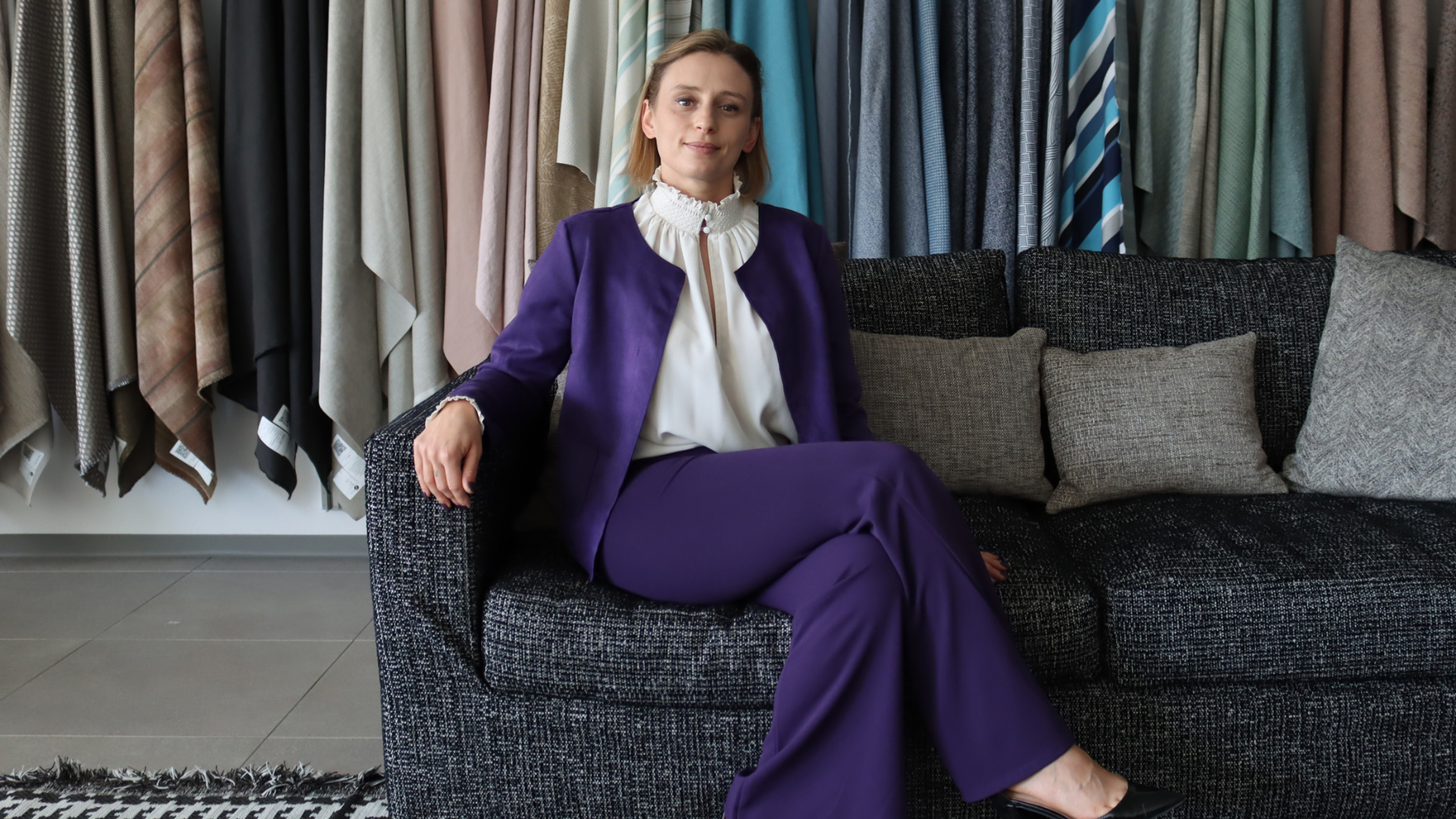
Both consumers and new environmental regulations will force companies to invest in technologies and processes which lower their ecological footprint. These will include more energy-efficient production processes, the use of sustainable materials, a further reduction in water usage, and new technologies and models for recycling management.
With an eye on the global situation, Margherita Rigamonti addresses the international community. “The major efforts which companies must make in the direction of sustainability and innovation will be associated with high costs. To ensure that these efforts are not undermined by competitors in countries which are not committed to sustainability, we hope that governments will soon take measures which will guarantee that companies which have invested in sustainability are not undercut by imports from countries with weaker environmental regulations.” The UN’s joint sustainability goals offer the right approach for this.
Cover photo: Maheen Textile Mills (Pvt) Ltd
